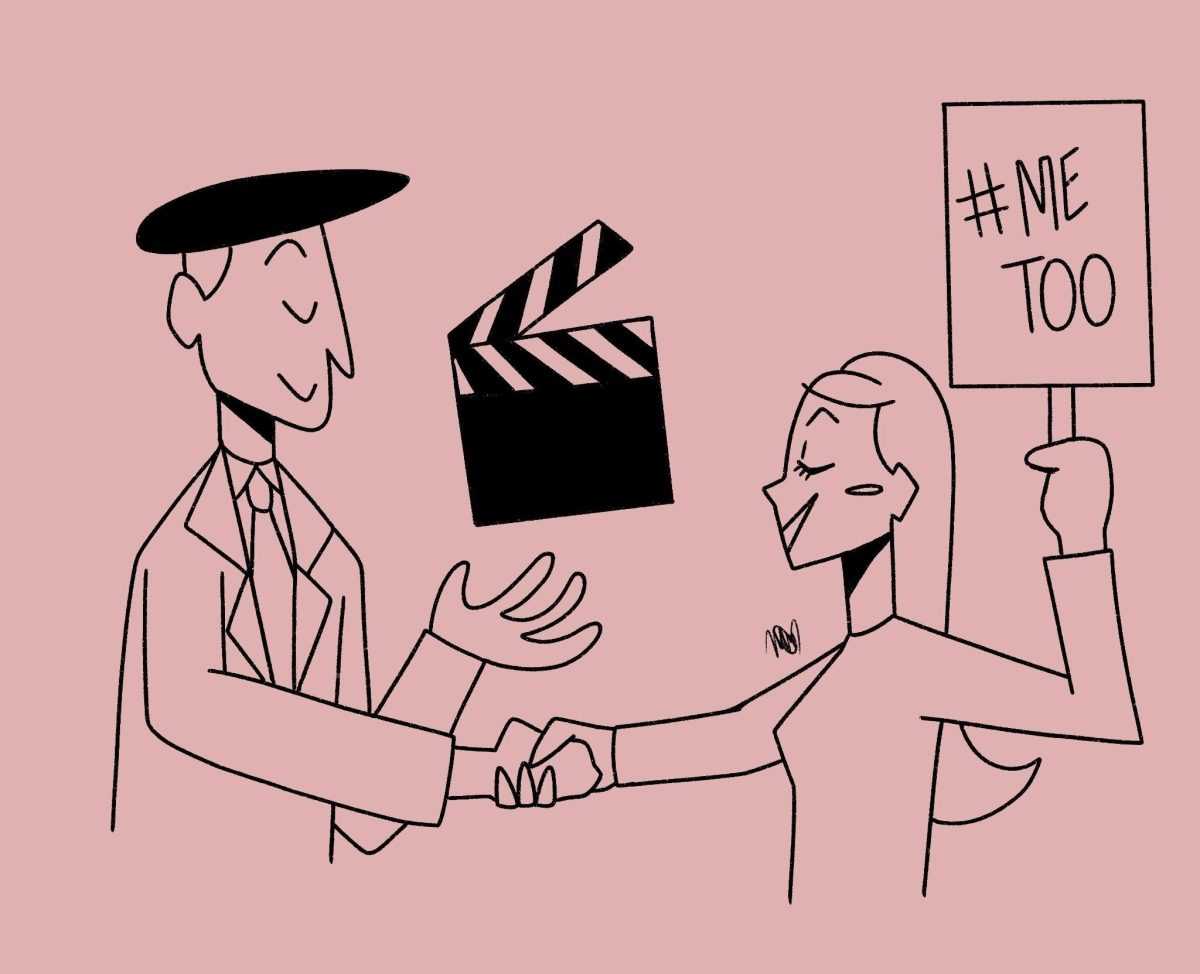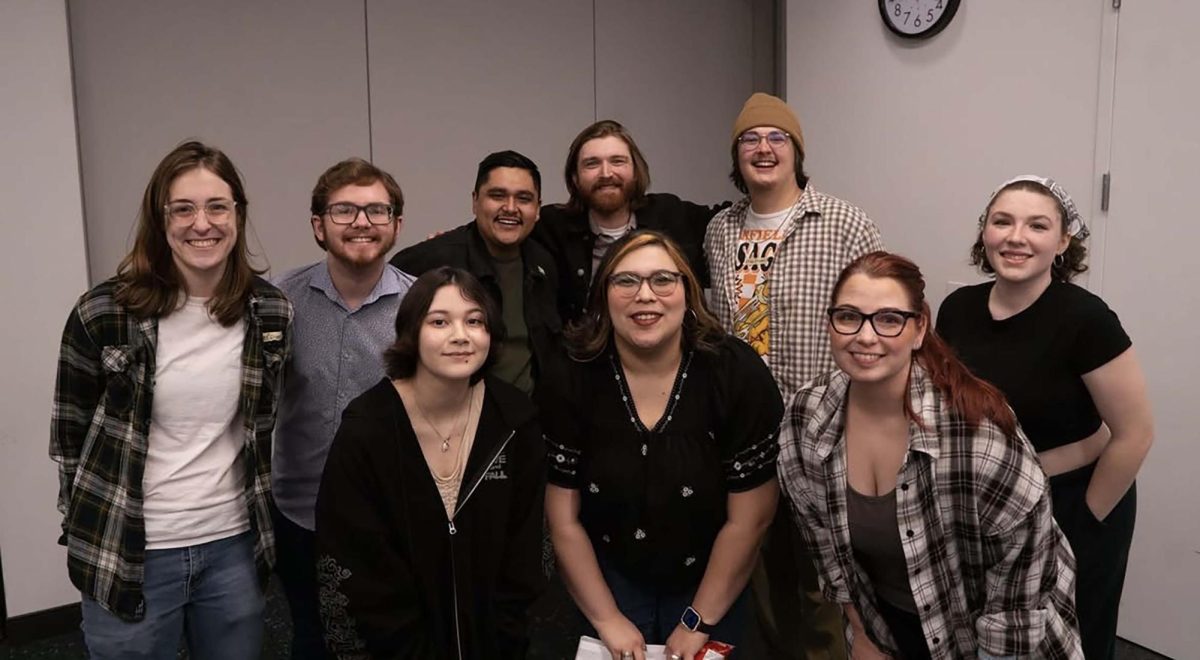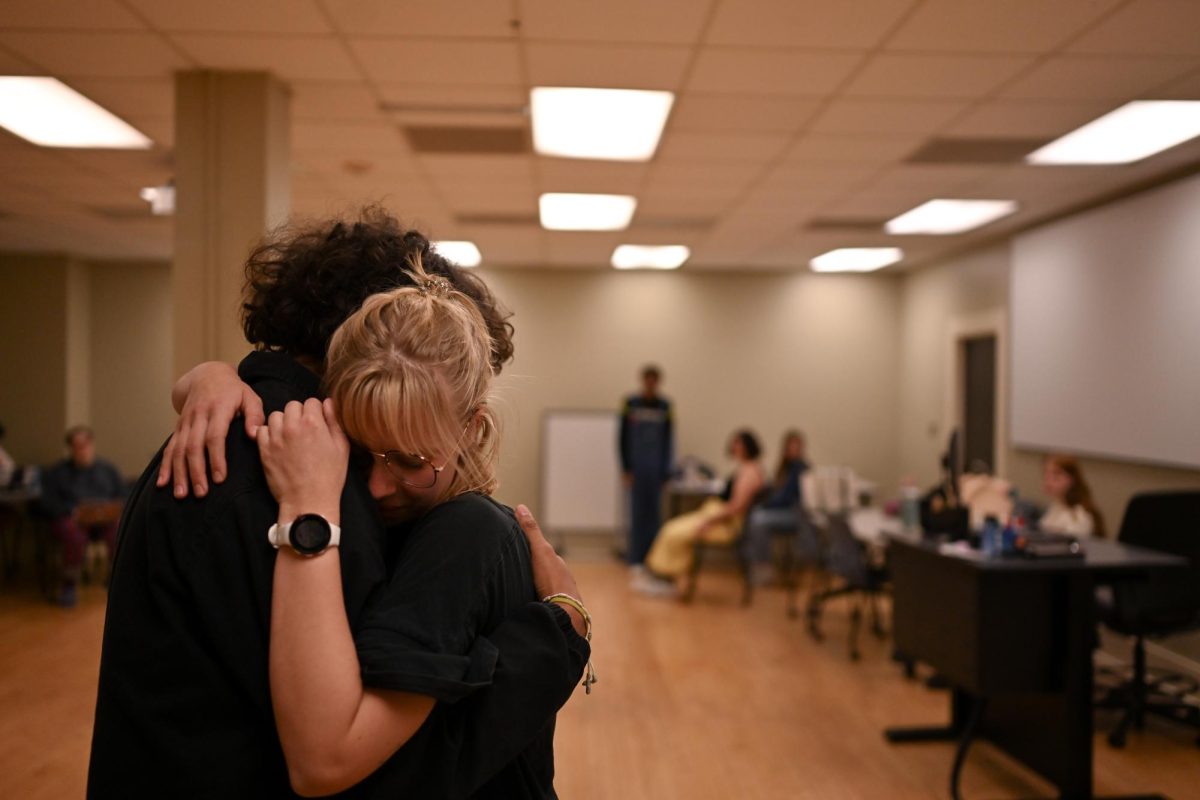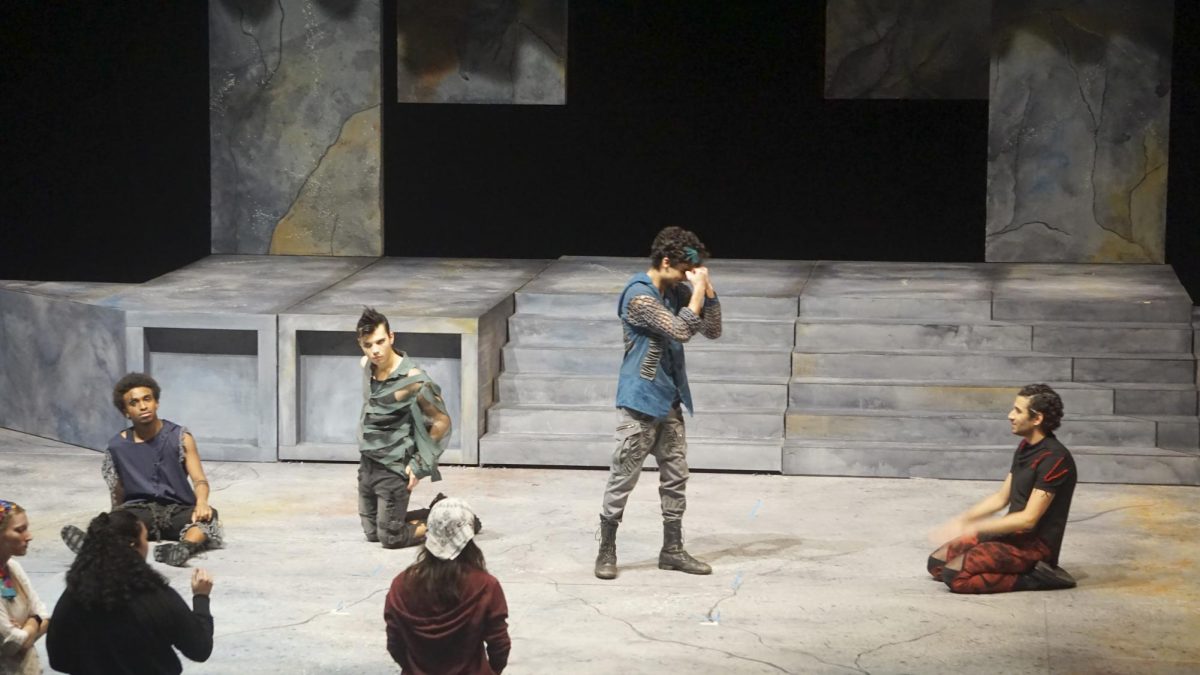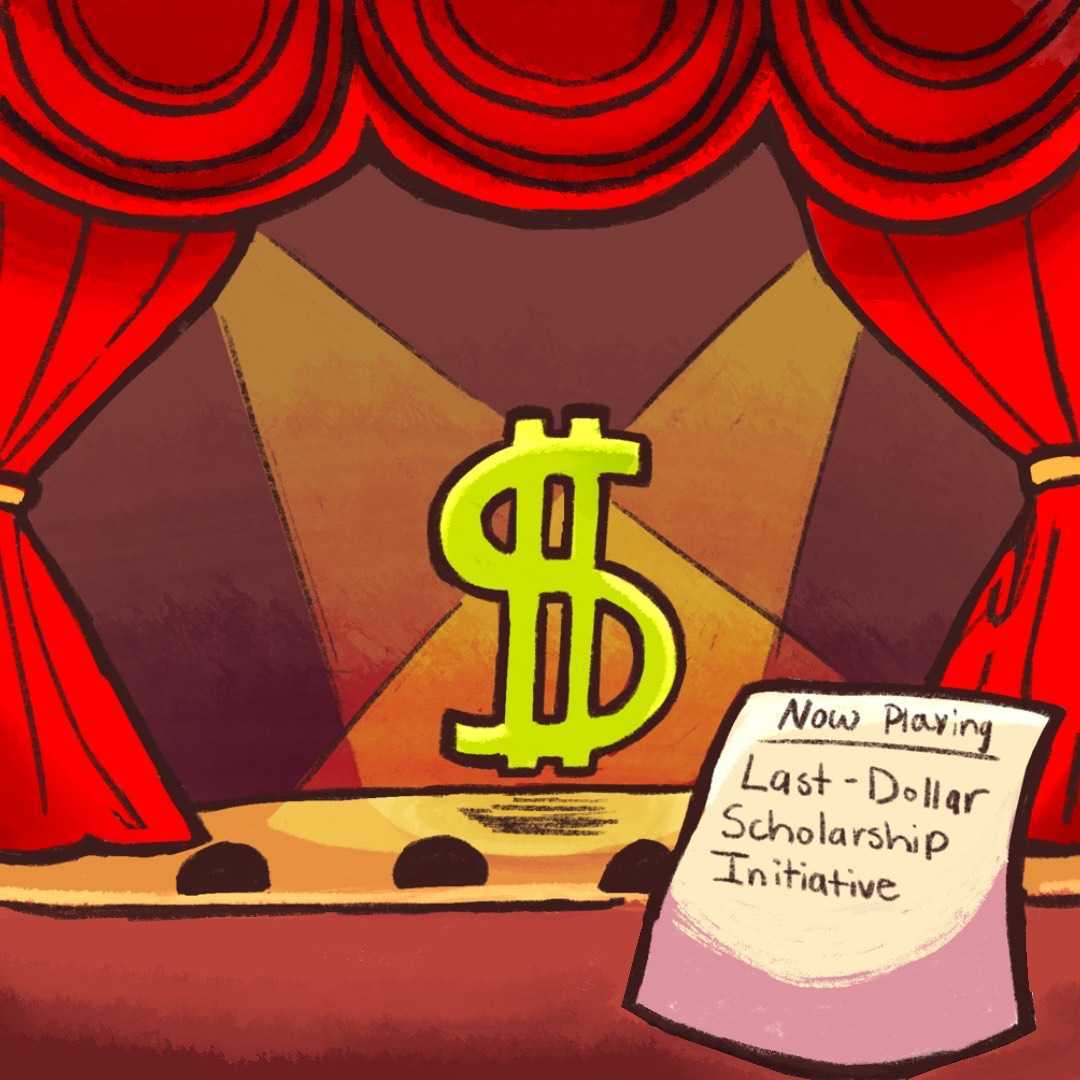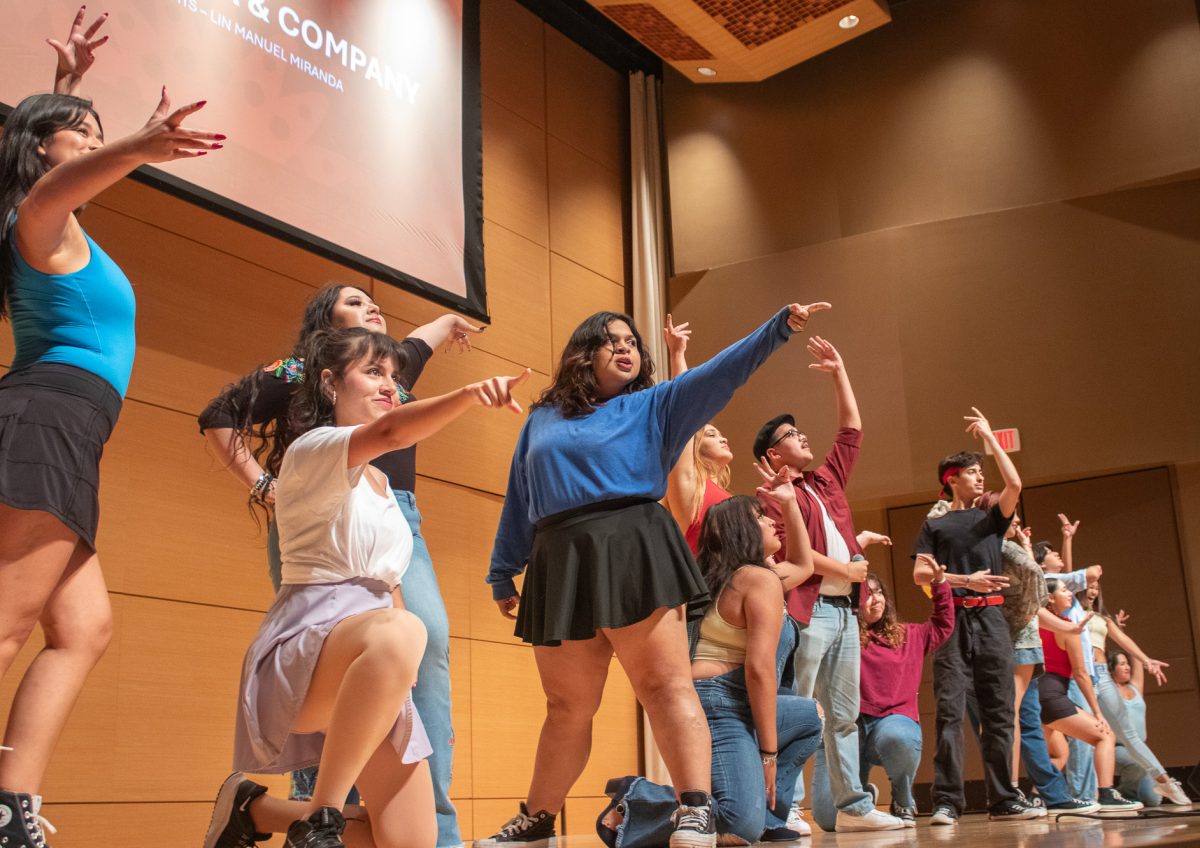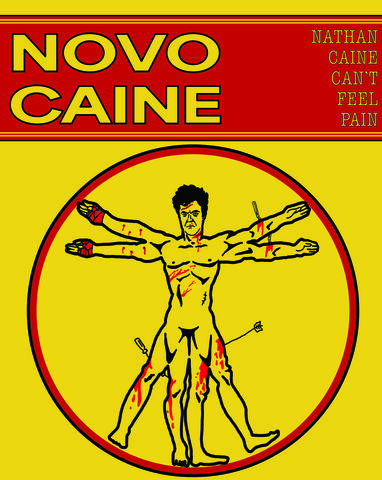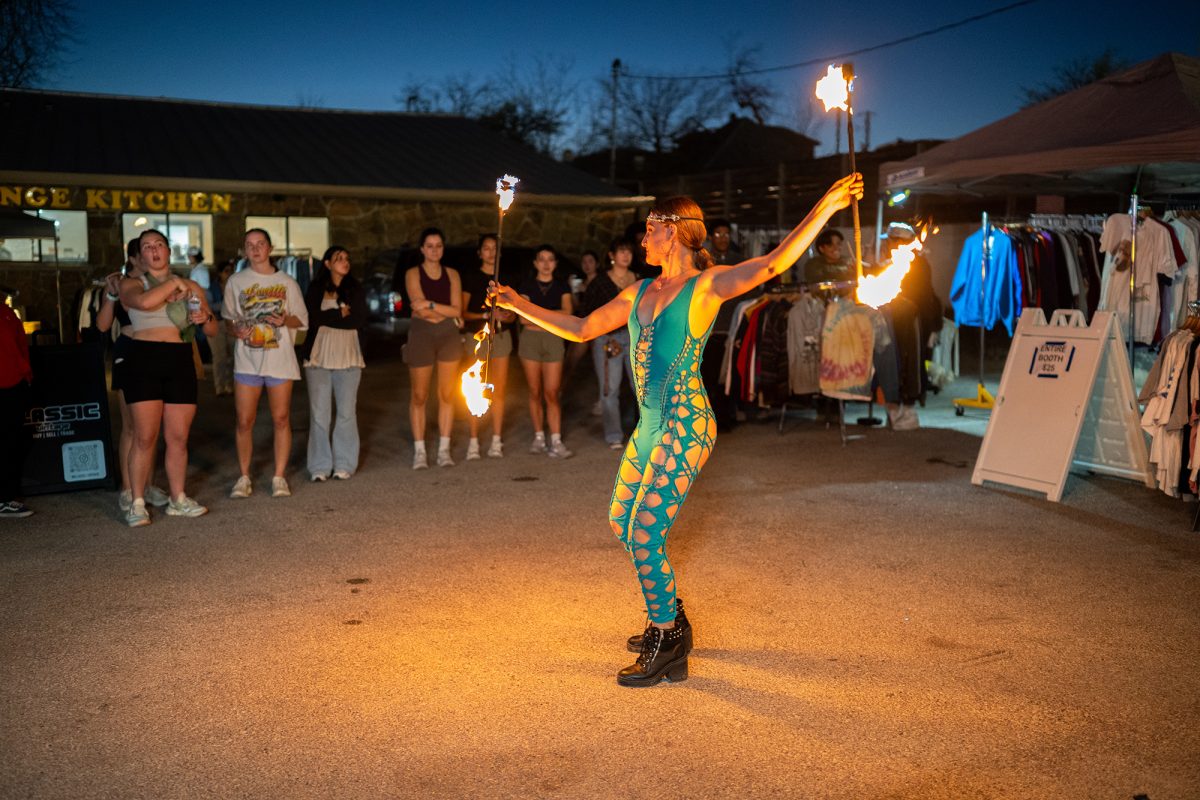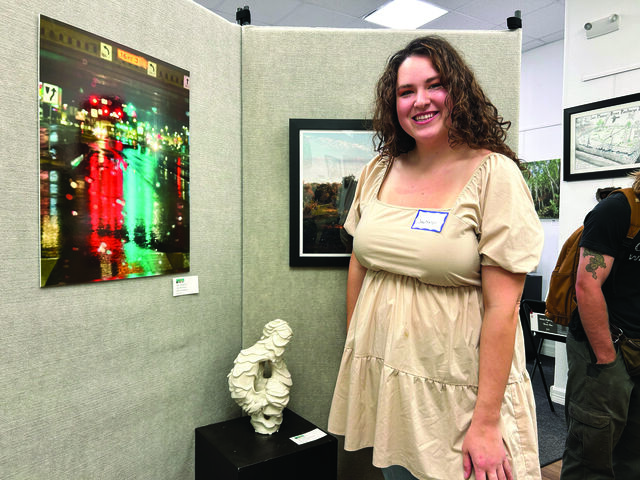Spanning two weeks and multiple venues across San Marcos and the Texas State campus, the Department of World Languages and Literature will host the first International Film Festival & Symposium on Consent from April 4-15.
The conceptualization of the festival began in a French Cinema II honors class last summer in which the course objective was to discuss the topic of consent as it has been articulated throughout the U.S. and France and to prepare a related film festival given the approval of the instructor’s grant proposal on behalf of the class.
Carole Martin, professor of French and the festival’s main organizer, was the instructor for the summer class and wrote several grant proposals, some of which were addressed to Texas State offices and departments such as the University Lecturers Committee and the College of Liberal Arts.
“The students were both discussing the films but also thinking about writing a grant to finance, to fund the festival,” Martin said. “And then I picked up the project in the fall and I wrote several grants. The work that the students had done for the honors seminar was very helpful because they had already researched a lot of the things.”
The main grant, Martin said, comes from the Albertine Cinémathèque Selection Committee, a grant program of Villa Albertine and the French-American Cultural Exchange (FACE) Foundation that seeks to show independent French films on U.S. campuses. Texas State was one of 35 U.S. universities and one of three Texas universities selected for a French film festival this spring.
Organizers of the Texas State event have broadened the discussions on the meaning of consent to include international films. The event will explore the definitions of consent from four different perspectives: the age of consent and abuse; consent and family affairs; tales of consent and dissent; and consent in post-modern/post-colonial societies.
“The great pleasure of showing movies made from all around the world [is] you get to see what consent is in different cultures and what other cultures view important and maybe not necessarily important,” said Jonmarcus Burnette, a student organizer for the event. “And then we also get to see a lot of films that were made earlier. So, like, how the idea of consent has changed throughout film history if that also makes sense which is really cool to see.”
Although Burnette, a Spanish senior, was not in the original French cinema class that received the grant, he is currently enrolled in the course for spring 2022 where he met Martin. He applied to help with the festival for his independent study at the beginning of the semester and has been Martin’s right-hand man ever since, assisting with things like contacting speakers and running the event’s Instagram page.
Burnette said he looks forward to showing event guests the different lenses through which the concept of consent can be seen.
“Obviously, it’s a very touchy topic to talk about so openly. So, my first reaction was like, ‘oh, that’s kind of risky … hope we don’t offend anybody,'” Burnette said. “But then after, like, going through the process I realized this is a really important topic that we should be talking about on college campuses and just in general in society.”
Throughout the course of watching the films and having discussions about consent in the French cinema class, Burnette discovered the different definitions of consent that will be explored during the festival such as the political, familial, historical, sexual and societal meanings of the word.
Kenny Anabogu, a management senior with a French minor, has been heavily involved in planning the festival and was a student in the original summer class. She said contextualizing consent through the films selected is especially important in light of recent events such as the #MeToo movement and the border crisis.
“A lot of people think consent can only be physical, you know, in terms of someone assaulting you or things like that which is a very important part of consent as well but there’s a lot more to it,” Anabogu said. “The festival also hits on political consent as well. Things like colonialism and taking advantage of not just people but entities. And I think bringing that toward the college campus is very important, especially because this is a greater learning facility.”
As for the international aspect of the festival, Anabogu thinks it will be beneficial to Texas State’s diverse population of students.
“Colonialism affected, you know, say, Africa in a different way than it would have affected America, different sides of it, you know, and seeing your culture and your language represented is very important because consent isn’t just a French topic,” Anabogu said. “Texas [State] is a diverse campus. Everybody can come here. I think seeing your culture and consent explored to your specific background and in your language is something that is important.”
The festival will showcase over 20 international films with concurrent screenings at the San Marcos Public Library, Stellar Coffee Co., various locations on campus and online. Each screening will follow or prelude a short introduction, pre-symposium and/or survey led by a professor or student. The festival will conclude with an all-day symposium on April 15. All events are free and open to the public.
Martin said it has been a valuable experience getting to work with her students to put on this event. She hopes everyone who attends can leave the screenings with an open mind and an understanding of the importance of free will.
“The most important thing is that, you know, students having the space to discuss this issue, and to, of course, to learn from others’ opinions and other views but also to articulate their own perspective on the issue,” Martin said.
For more information on the International Film Festival & Symposium on Consent and a full schedule of film screenings, visit https://www.worldlang.txstate.edu/features/international-film-festival-consent-2022.html or @txstfilmfest22 on Instagram.
Categories:
Students to explore consent, culture at International Film Festival & Symposium
Sarah Hernandez, Life and Arts Editor
March 28, 2022
0
Donate to The University Star
Your donation will support the student journalists of Texas State University. Your contribution will allow us to purchase equipment and cover our annual website hosting costs.
More to Discover



